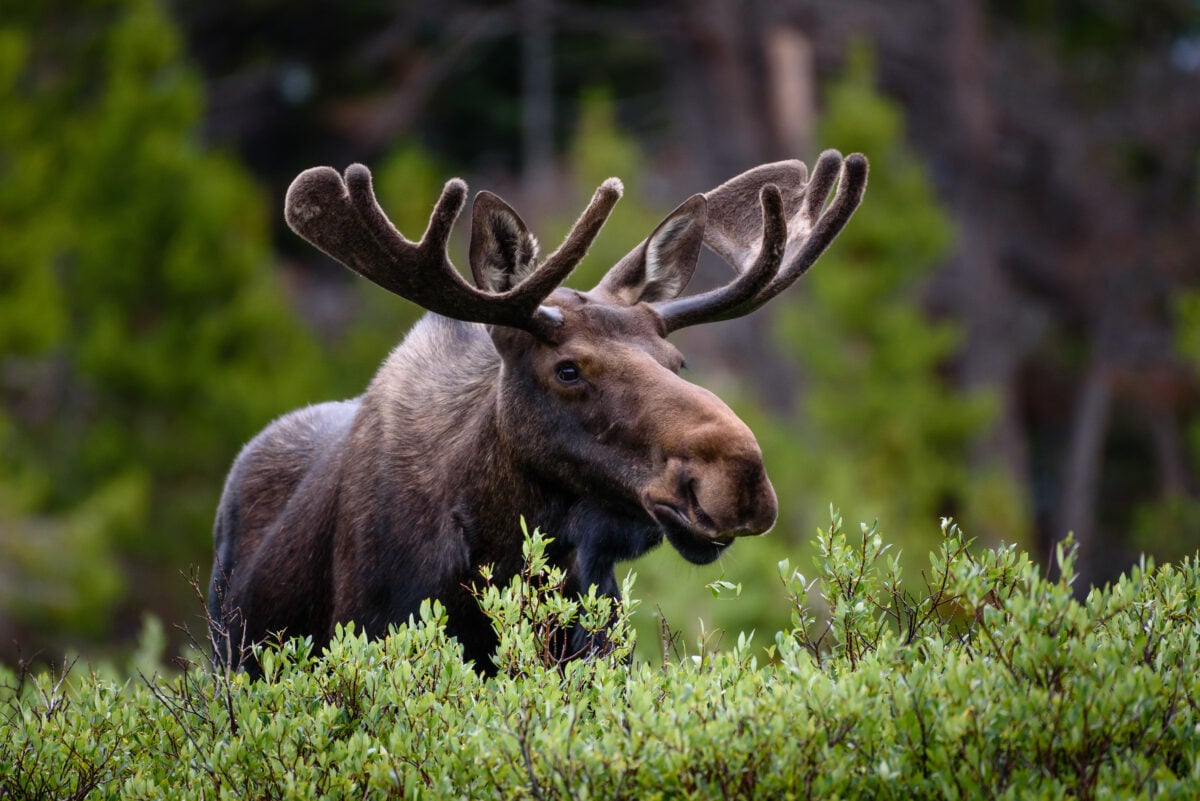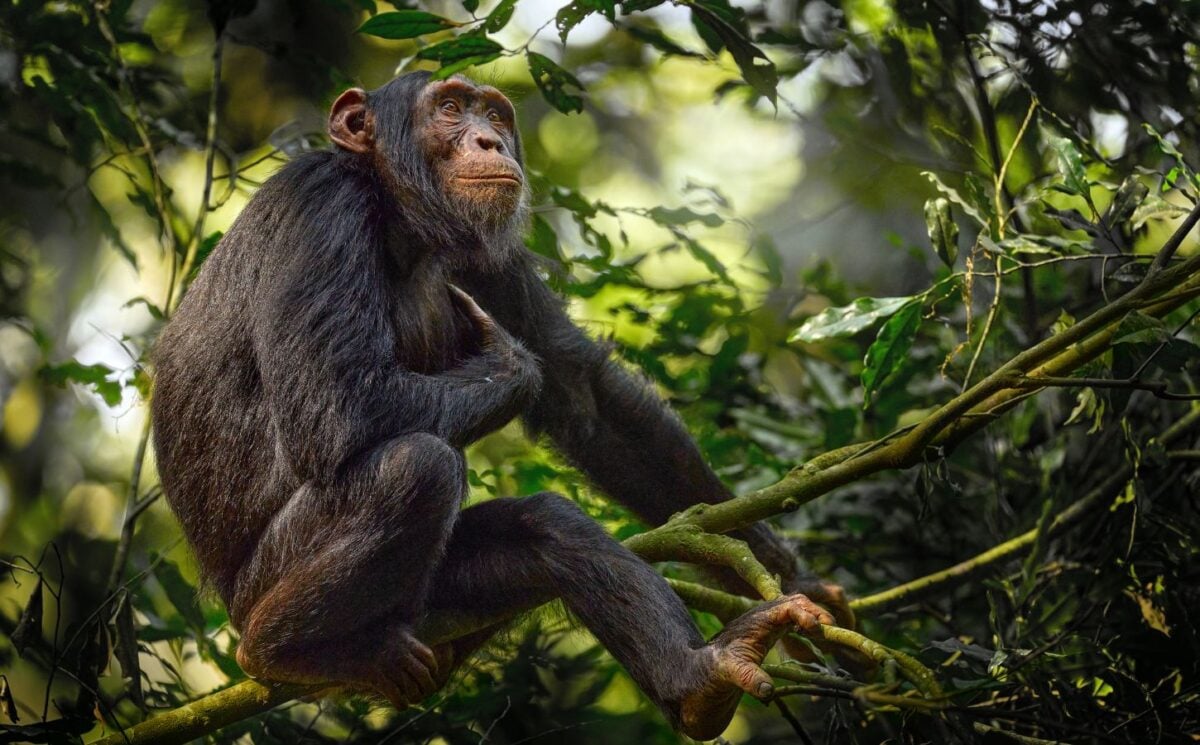A new scientific analysis suggests that many animals regularly consume ethanol, or ethyl alcohol, via the fermented fruits, sap, and nectar found within almost all ecosystems.
Read more: Spanish Government Finally Opens Period Of Consultation For ‘Great Ape Law’
The new study’s authors reviewed a selection of already published research papers on animals and their interactions with ethanol for their analysis, which they say “challenges the current belief” that humans are the only vertebrate that regularly consumes alcohol.
“The Evolutionary Ecology Of Ethanol” was published in Trends in Ecology & Evolution earlier this week. It details how widespread alcohol consumption is in the natural world and explores how imbibing it serves different purposes for different species.
For example, some animals simply gain a few additional calories by consuming naturally occurring alcohol, whereas others can use it to protect themselves from parasites. Some other species are less able to tolerate it but may encounter and ingest it anyway.
Low-level ethanol ingestion is also linked with certain medicinal properties, while its cognitive influence likely includes the same potential risks and benefits for primates as for humans.
Read more: Wildlife Populations Have Plunged 73% In 50 Years
Ethanol consumption is ‘ecologically relevant,’ say authors

According to the analysis, sugar-rich fleshy fruits like mangos, plums, and apples have supported fermentation and natural ethanol production since the Cretaceous period. As a result, the new study’s authors believe alcohol consumption may be “just as ancient.”
Beetles, honey bees, wasps, and the vinegar fly – the latter of which processes ethanol extremely efficiently – have all been documented consuming alcohol. There are also many anecdotal accounts of mammals eating fermented, alcoholic fruit, including elephants, baboons, and one notable case of a drunk, tree-climbing moose.
The analysis details how wild chimpanzees “repeatedly” ingest fermented palm, while spider monkeys feed on fermented yellow mombin fruits. One of the difficulties of assessing ethanol consumption in the wild is measuring alcohol by volume (ABV) and tolerance across species.
For example, pen-tailed treeshrews showed no signs of intoxication despite “prodigious ethanol consumption” via wild bertam palm nectar. The authors acknowledge that “it is unclear how an inebriated treeshrew would behave,” but suggest that the animals likely have an “enhanced ethanol metabolism” with a to-be-determined evolutionary history.
“We conclude that ethanol is ecologically relevant and that it has shaped the evolution of many species and structured symbiotic relationships among organisms, including plants, yeast, bacteria, insects, and mammals,” write the study’s authors.
Read more: Scientists Capture Footage Of Octopuses And Fishes Hunting Cooperatively






